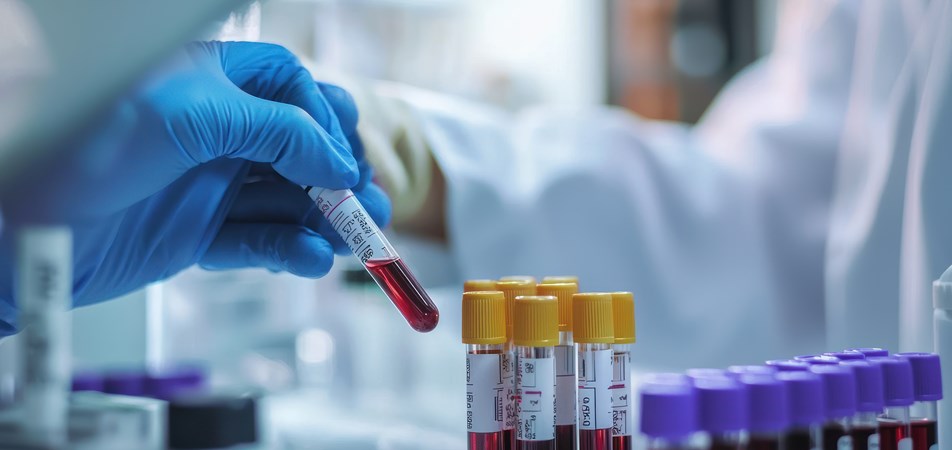To recover your password please fill in your email address
Please fill in below form to create an account with us

14/04/25
The ASPiRATION-2 Liquid study has been awarded $14.7 million in funding from the Medical Research Future Fund (MRFF) Frontier Grant. The grant is an initiative of the Australian Government and supports the development of new health and medical research. The funding will enable researchers from the NHMRC Clinical Trials Centre at the University of Sydney and Thoracic Oncology Group Australasia (TOGA) to evaluate the use of serial liquid biopsies to guide treatment decisions, aiming to improve outcomes for patients with advanced lung cancer nationally.
Lung cancer is the leading cause of cancer death in Australia and worldwide. Traditional treatments often become ineffective over time, requiring painful, expensive, or unsafe lung biopsies. The ASPiRATION-2 Liquid study aims to overcome this using a 'liquid biopsy', a blood test that detects cancer by searching for circulating tumour DNA (ctDNA) in the bloodstream. The simple blood test will be repeated throughout each patient's cancer journey, offering multiple opportunities to tailor treatment without invasive procedures.
"We are incredibly honoured to receive this grant," said Professor Ben Solomon, Chief Investigator of the study and Medical Oncologist at the Peter MacCallum Cancer Centre. “Over the past decade, significant progress has been made in treating lung cancers, with highly effective therapies being selected at the time of diagnosis based on genomic testing of tumour tissue. The ASPiRATION-2 Liquid trial presents a unique opportunity to redefine personalised medicine for lung cancer using liquid biopsy with ctDNA to guide treatment decisions, not just at the time of diagnosis, but throughout the patient journey.”
Lung cancer is the deadliest of all cancers, accounting for 17 percent of cancer deaths in Australia and 18 percent globally. Outcomes for the most common lung cancer, non-small cell lung cancer (NSCLC), are poor, with 5-year survival rate of 26 percent.
Professor Rachael Morton, Chief Investigator of the study and Deputy Director of the NHMRC Clinical Trials Centre emphasised that the poor outcomes—which not only affect patients and their families but also place a heavy strain on the health system and economy—highlight the urgent need for improved treatment strategies. “Embedding an economic evaluation alongside the ASPiRATION-2 Liquid trial will allow us to assess the costs and benefits of this revolutionary approach to managing lung cancer, which could result in liquid biopsy being subsidised by Medicare, and new targeted drugs listed on the PBS,” said Professor Morton, who is also a senior health economist at the University of Sydney.
Professor Chee Khoon Lee, a Chief Investigator on the study and Clinical Lead of the Thoracic Oncology Program at the NHMRC Clinical Trials Centre said: “The ASPiRATION-2 Liquid may be the beginning of what’s possible with precision medicine for lung cancer. This finding of this study will transform how oncologists manage lung cancer in the future”.
ASPiRATION-2 Liquid is a collaboration between the NHMRC Clinical Trials Centre at the University of Sydney (CTC), the Thoracic Oncology Group Australasia (TOGA), and the Collaborative Centre for Genomic Cancer Medicine (a joint venture of the University of Melbourne and Peter MacCallum Cancer Centre). This world-first program aims to implement a continuous precision medicine model over the entire treatment journey and at a national level, and is hoped to deliver significant benefits to patients, their families, carers and the health system.
For more information about the ASPiRATION-2 Liquid study and our ongoing research efforts, please visit the TOGA website.